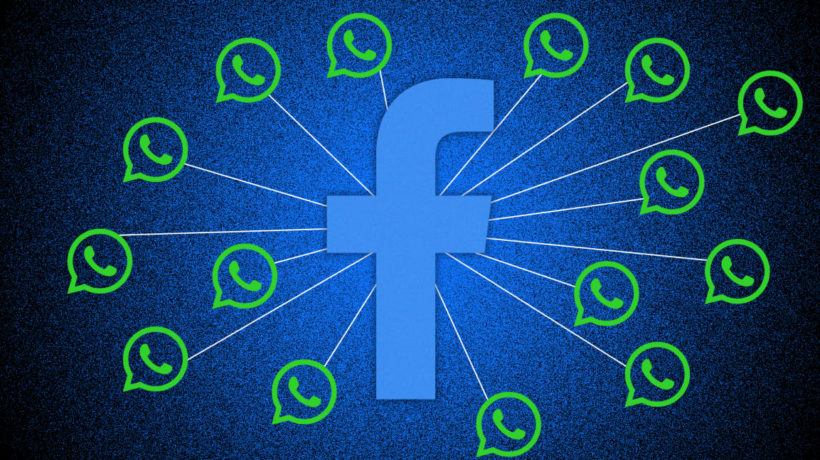The Founder of WhatsApp, Brian Acton, left Facebook for some of the reasons that are highlighted in the latest WhatsApp policy. He was against the idea of sharing WhatsApp data with Facebook for commercial interests. In his view, sharing user data with Facebook would compromise the privacy of WhatsApp users.
He later co-founded Signal, a messaging app that is considered a gold standard for privacy. It is therefore not surprising that many (100 000 currently) users who care about their privacy have migrated to Signal and other platforms as their messaging apps of choice over the past few days.
MORE – The new WhatsApp Policy causes a stir
The move by individual users of a 2 billion user strong platform will do little to change this social media giant. What might work is the European approach to protect the privacy of users in the region. WhatsApp is legally bound to not share data with Facebook in the European Region because it’s a contravention of the provisions of the General Data Protection Regulation (GDPR). This also means that WhatsApp users in 27 European countries will not have their data shared with third parties.
Where does this leave users in the African continent?
In the short run, there are more privacy conscious messaging apps such as Signal and Telegram. As matters stand, currently there are no perfect alternatives. Signal comes close to being an ideal alternative. As a tool that was co-founded by one of Whats App founders, it is one tool that can come close to what users were hoping to get from WhatsApp. Although Signal does not yet offer all the features currently on WhatsApp, it offers one killer feature that you will not find on WhatsApp in the next few days, privacy.
The reason for this is simply that WhatsApp and Signal have different business models. WhatsApp under FACEBOOK is a commercial entity with profit motive and Signal on the other hand is a non-profit entity which has a mission to develop an open source privacy technology that protects free expression and enables secure global communication. This is a fundamental difference between Signal and other apps which should inform users in choosing apps that will respect their privacy.
In the long run, the matter of privacy should not be left to individuals. GDPR, a process undertaken by regulators and authorities, in Europe is a classic example of what needs to be done in other parts of the world to protect people from privacy violations. In the African continent the African Union needs to take a stand and protect users in the continent. Ultimately, the matter of privacy needs to form part of global digital and internet law. It should not be possible for Facebook to treat users in Europe differently to users in other parts of the world. Privacy protections should be enjoyed by the global community.
Governments should not watch and fold hands while their citizens’ digital rights are violated by big tech companies.
A few individuals may be able to protect themselves however privacy landmines are planted everywhere on the internet. Today, WhatsApp and Facebook maybe the poster boys and girls of bigtech misbehaviour, tomorrow it will be another big tech company. It is unfair to expect users in general to protect themselves against technology giants.
Wesley Diphoko is the Fast Company (SA) Editor-In-Chief. You can reach him on Twitter via – @WesleyDiphoko







